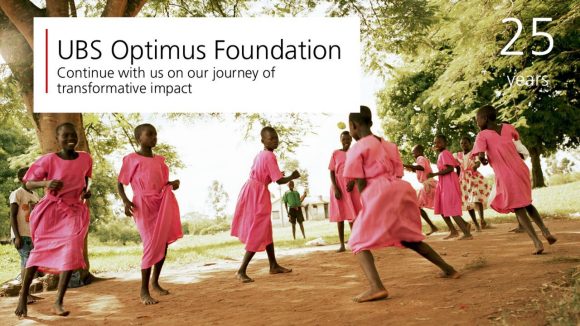Insights and perspectives from our Chairman and Group CEO

“I am very proud of the progress we made in 2024, as our teams substantially advanced the business integration, strengthened UBS’s position as the world’s truly global wealth manager and affirmed the bank’s role as an engine for prosperity in our Swiss home market.”
“I am very proud of the progress we made in 2024, as our teams substantially advanced the business integration, strengthened UBS’s position as the world’s truly global wealth manager and affirmed the bank’s role as an engine for prosperity in our Swiss home market.”
Colm Kelleher, Chairman

“In 2024, we achieved all our key acquisition-related milestones on or ahead of schedule and accelerated the transition to growth. UBS is now stronger, more diversified and better positioned strategically to benefit our clients, our shareholders and our home market Switzerland in a rapidly changing world. Our tested Group strategy and our diversified balance sheet make UBS unique among the world’s systemically important banks.”
“In 2024, we achieved all our key acquisition-related milestones on or ahead of schedule and accelerated the transition to growth. UBS is now stronger, more diversified and better positioned strategically to benefit our clients, our shareholders and our home market Switzerland in a rapidly changing world. Our tested Group strategy and our diversified balance sheet make UBS unique among the world’s systemically important banks.”
Sergio P. Ermotti, Group CEO
Our Leadership


Numbers and achievements
- 0 USD billion
net profit
- 0 USD trillion
of invested assets across the asset gathering businesses
- 0 USD
diluted EPS
- 0 %CET1 ratio
- 0 USD billiontotal loss absorbing capacity
- 0 %
liquidity Coverage Ratio
- 0 %
underlying return on CET1 capital
- 0 %
underlying return on tangible equity
General meeting of shareholders

Highlights
Reporting Suite
Annual Report 2024
Our Annual Report provides comprehensive information about the firm, its business, governance and financial performance, as well as information about compensation of senior management and the Board of Directors (executive and non-executive members). It contains both audited and nonaudited information.
Other links:
Sustainability Report 2024
In the Sustainability Report we report about our sustainability approach and activities, consistently applying our information policy and disclosure principles. Additionally, we set out what climate and nature mean to us in terms of our strategy and its impact on planet, people and partnerships, and shows how we’re tracking our progress through metrics and targets.




























